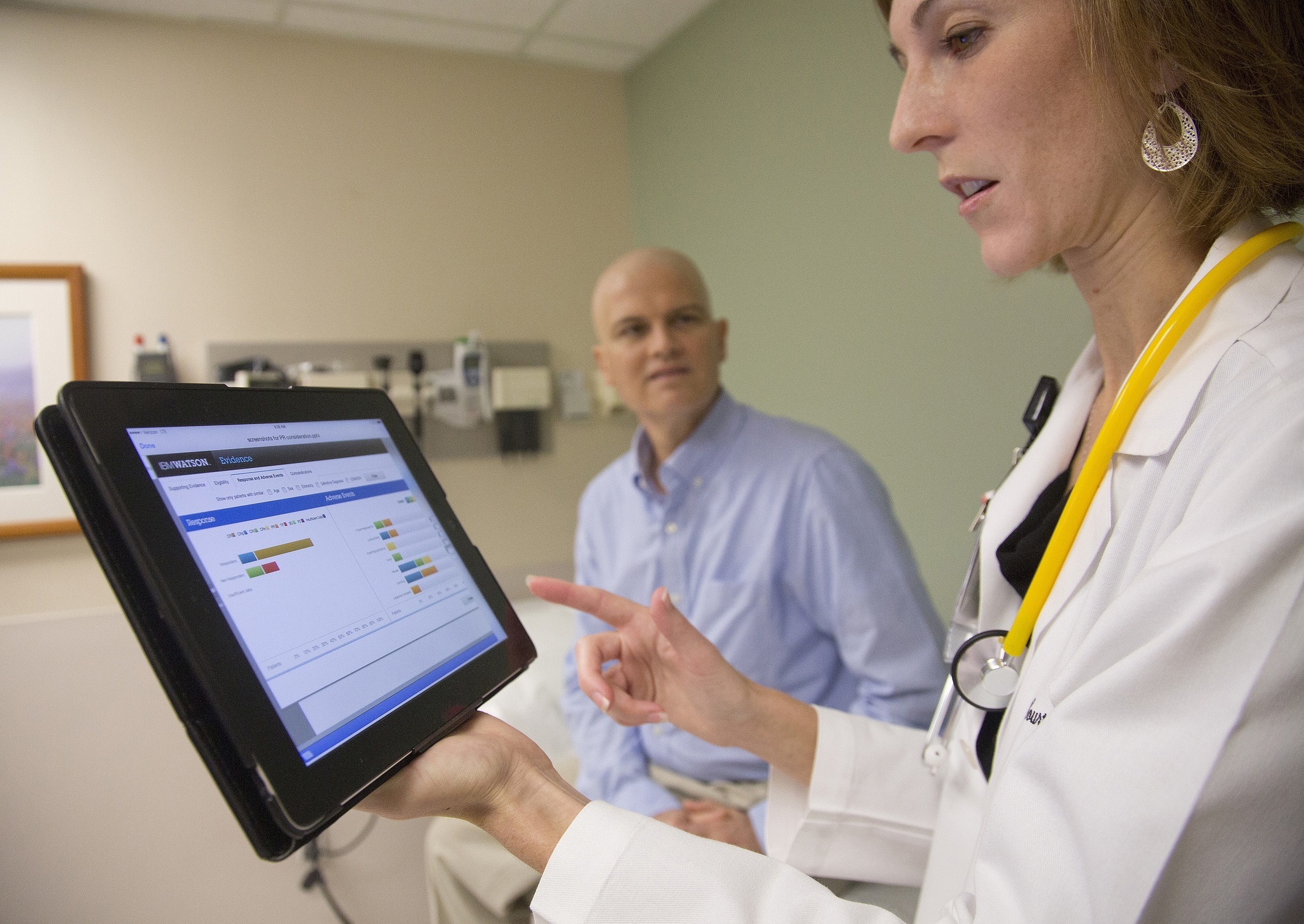
One of the biggest challenges for researchers conducting clinical trials is the collection of patient data. While patient-reported outcomes are a key part of the process, there are some drawbacks to the traditional method of using paper surveys.
To help overcome challenges such as “parking lot syndrome,” in which patients complete their surveys from memory just before their doctor visits and the tendency to add extraneous information in the margins, many researchers are touting the benefits of electronic data collection via patient-owned smartphones or other mobile device.
In most cases, researchers using electronic data collection provide devices to subjects on which they can record their data. This works well, but by some accounts, BYOD is the future of clinical trials. In fact, according to one recent survey, most pharmaceutical companies and researchers actually support the adoption of BYOD in clinical research with the added assistance of eCOA solutions.
They argue that a BYOD approach to patient-reported outcomes has a number of key benefits, including reduced costs since study sponsors do not have to supply devices), improved accuracy, and the potential for higher rates of compliance with study guidelines.
Not to mention, many predict that adopting a BYOD approach can actually improve study participation, since the majority of adults already have a smartphone or tablet, and will be more willing to use the device that they are familiar with rather than a new study-provided device.
It all sounds great, but on the other side of the coin, another recent survey indicated that researchers might not be as quick to adopt BYOD as some may think. While researchers see the benefits, some have concerns about the ability to develop patient rapport and the accuracy of the data collected on user devices rather than study-supplied devices. Changing attitudes toward BYOD in clinical research, means answering a few important questions about BYOD’s place in research and solving a few key problems.
What’s Holding up Adoption?
Despite reports that researchers aren’t immediately embracing BYOD, the overwhelming sentiment among the research community is that eventually patient-reported outcomes and electronic data collected via BYOD studies will eventually be the standard in clinical research, most likely within the next three to five years. However, certain questions need to be answered before that happens.
1. How will equivalence be determined in studies? The potential for different devices to produce different results due to screen size, function, etc., is a concern for just under half of clinical researchers, who believe that when all study subjects use the same device supplied by the study sponsor, the results will be more accurate.
There is disagreement about how to handle this issue, with some researchers believing that some devices should be disallowed from the study due to equivalence concerns. Solving this issue is a key first step to adoption.
2. How will you overcome barriers to participation? While the vast majority of adults own mobile devices, not all do, and some potential participants could be excluded from the study. Lack of access to Wi-Fi or cellular services can also create barriers for study participants, and researchers must have a plan for working with those patients.
3. What is the effect on patient compliance? Do BYOD studies have better or worse compliance? Research to this point indicates that subjects using their own devices are more compliant than those using other methods, but that still needs to be corroborated.
4. How will patient privacy and security be ensured? HIPAA laws and data security is a major concern, especially given that medical data is a top target for hackers and that individual devices and networks will need to be protected.
5. Are there factors in the study design that could influence outcomes, such as the need to scroll on surveys to see all possible responses? Again, study design can overcome these issues, but it needs to be acknowledged in a BYOD environment.
6. How will BYOD truly affect the cost of the study? On the surface, BYOD appears to lower costs, but there are some additional costs, including training, and data collection and analysis.
While these questions are adding some uncertainty to the adoption of BYOD, they are not unanswerable. At this point, the discussion needs to be framed around those studies that have used a BYOD approach to the collection of patient-reported outcomes and the outcomes of those studies.
The fact is, there have been successful studies involving BYOD, and there needs to be more transparency and discussion about what made those studies work. As more successful studies take place, resistance to the adoption of BYOD will decrease and more data will be collected using mobile collection methods.
